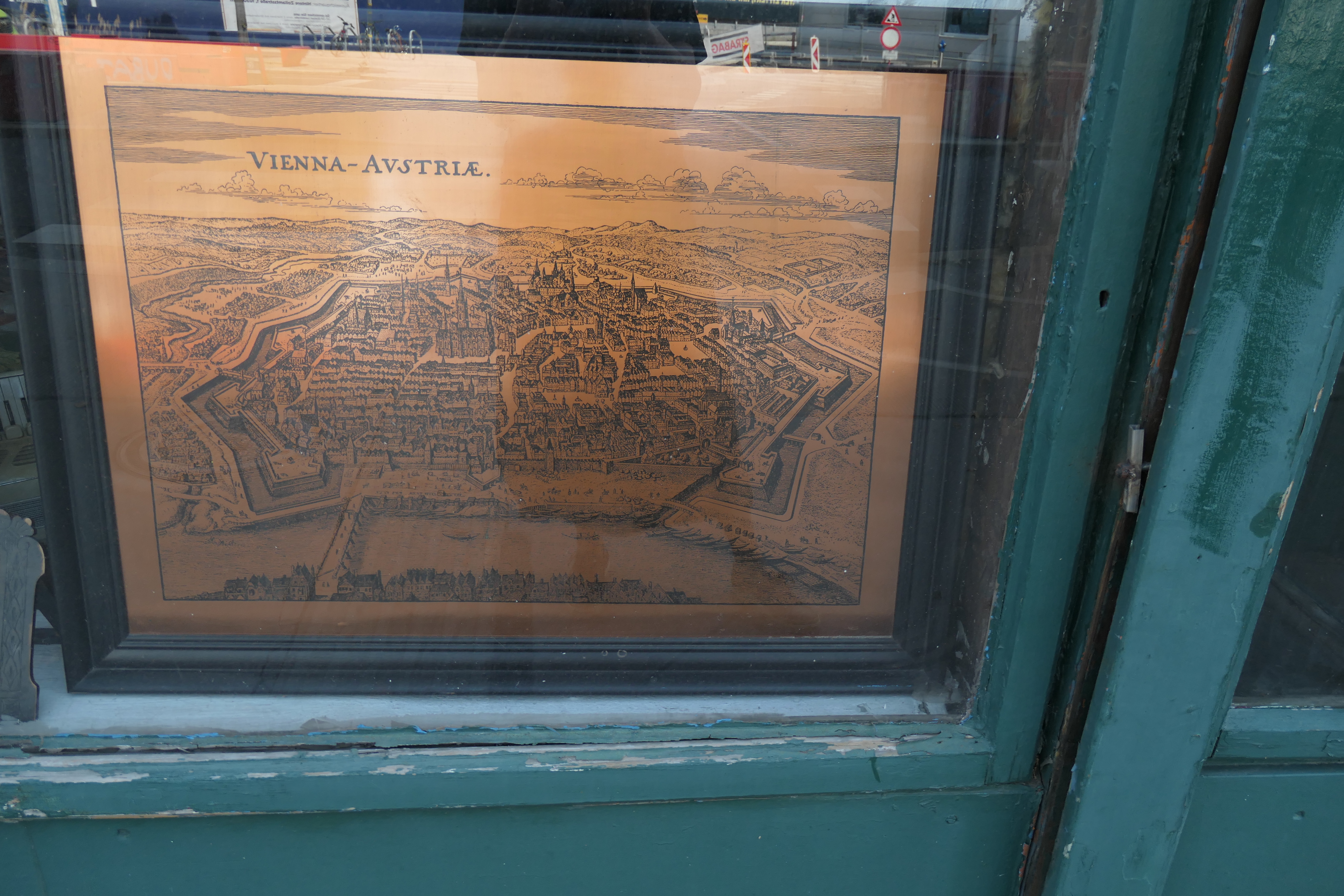Just so you know how coincidence sometimes works: I was following, with scarcely contained envy, the Viennese travels of someone I know. Seeing her photos of Viennese pastries (yes, Carol, I ate the same things!)

or art exhibitions, brought back a flood of memories from last year. I thought I really have to go back to the archives!


And then I encountered in my Sunday readings a fascinating article about Edit Schlaffer, a woman who was born and educated as a social scientist in Austria, who founded Women without Borders in 2002 in Vienna. Her organization does international work with women to “empower them as agents of change and a critical driving force in stabilizing an insecure world.”



Schlaffer’s and her colleagues latest work focusses on women’s ability to detect and contain potential radicalization of children in their households or larger family groups. They started out with a curriculum geared at mothers in Tajikistan almost a decade ago, teaching mothers to be aware of recruiting for radical islamist organizations, and to inoculate their children against thinking it would be cool to be a soldier for extremist causes.



These days MotherSchools have spread across the world, with Germany currently having its very own first graduates, 200 immigrant women from Algeria to Syria. “MotherSchools has educated some 3,000 women in 16 countries, from Tanzania to Bangladesh to European nations including Austria and Belgium. It was named a “best practice model” by UNESCO and the European Union’s Radicalisation Awareness Network about three years ago.”

The mothers are not just learning what to look for and how to interact with their children who might be drawn towards radicalization. They learn to stand up for themselves, have a voice and break out of their relative isolation. Many European nations have not been exactly supportive of these soft power approaches and are instead engaged in upping police force and terrorism units.

For non-governmental help then, Schlaffer turns to women who already have standing in the community, to get a leg up with her ideas. In Austria, for example, which ranks second in the EU after Belgium for Islamic State recruitment, Chechen exile Maynat Kurbanova became Ms. Schlaffer’s anchor for Vienna’s booming, vulnerable Chechen Muslim community. Germany, in contrast, has actually requested her help in establishing these schools, as part of a larger de-radicalization network.

One only wishes that the next round of graduating German and Austrian mothers will be non-immigrant citizens, able to rescue their children (and the country at large) from the pull of the ever growing neo-Nazi radicalization.


Photographs, of course, from Vienna.
Music by Dvorák and Strauss, about mothers, what else….







Susan Wladaver-Morgan
I hope you share this one on Facebook. It provides hope about what individuals can do against the awful craziness of male-dominated political approaches.
The Netrebko performance of the Dvořák is just plain ravishing! Thank you.
Lou Palermo
Whew! We need this in the US! We need help!